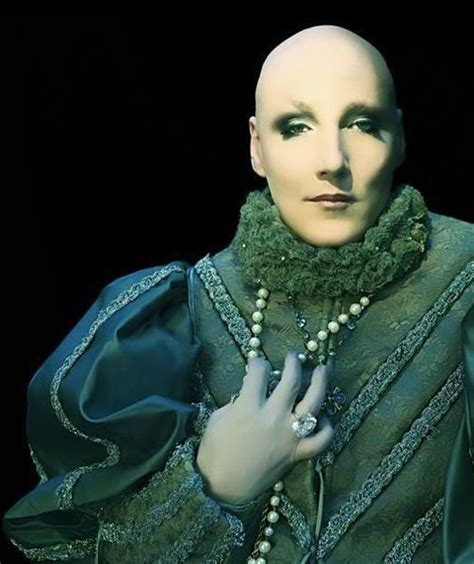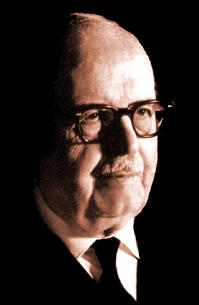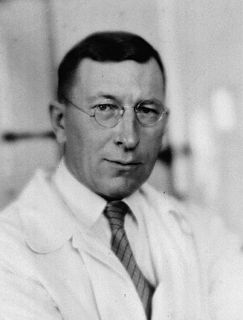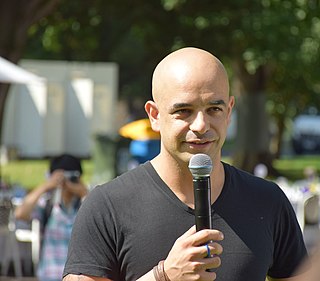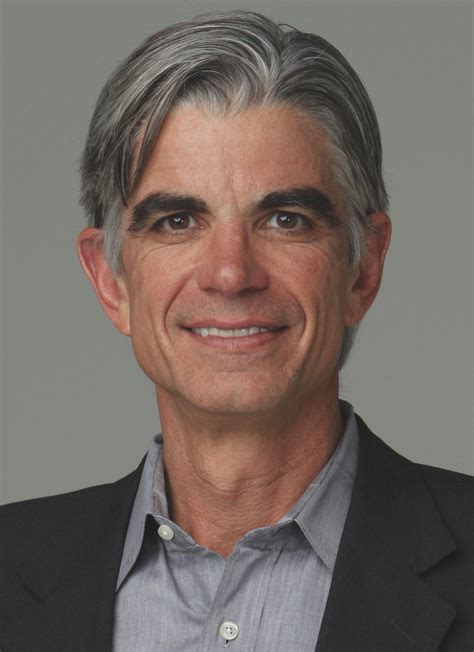A Quote by Tom Reiss
Eighteenth-century doctors prescribed sugar pills for nearly everything: heart problems, headache, consumption, labor pains, insanity, old age, and blindness. Hence, the French expression 'like an apothecary without sugar' meant someone in an utterly hopeless situation.
Related Quotes
In most of the affluent populations I have considered, the prevalence of coronary disease is associated with the consumption of sugar. Since sugar consumption is only one of a number of indices of wealth, the same sort of association (to coronary disease) exists with fat consumption, cigarette smoking, cars.
Lastly, tea--unless one is drinking it in the Russian style--should be drunk WITHOUT SUGAR. I know very well that I am in a minority here. But still, how can you call yourself a true tea-lover if you destroy the flavour of your tea by putting sugar in it? It would be equally reasonable to put in pepper or salt. Tea is meant to be bitter, just as beer is meant to be bitter. If you sweeten it, you are no longer tasting the tea, you are merely tasting the sugar; you could make a very similar drink by dissolving sugar in plain hot water.
Joe: You don't want me, Sugar. I'm a liar and a phony. A saxophone player. One of those no-goodniks you keep running away from. Sugar: I know, every time. Joe: Sugar, do yourself a favor. Go back to where the millionaires are, the sweet end of the lollipop, not the cole slaw in the face, the old socks and the squeezed-out tube of toothpaste. Sugar: That's right. Pour it on. Talk me out of it. (She grabs him to kiss him.)
Take a cup of coffee, keep adding sugar until you reach the point that you like it the most, and then when you add more sugar, you actually like it less. Well, the food industry knows that, and they spend huge amounts of effort finding the perfect spot, not just for sugar, but for fat and salt, as well.

